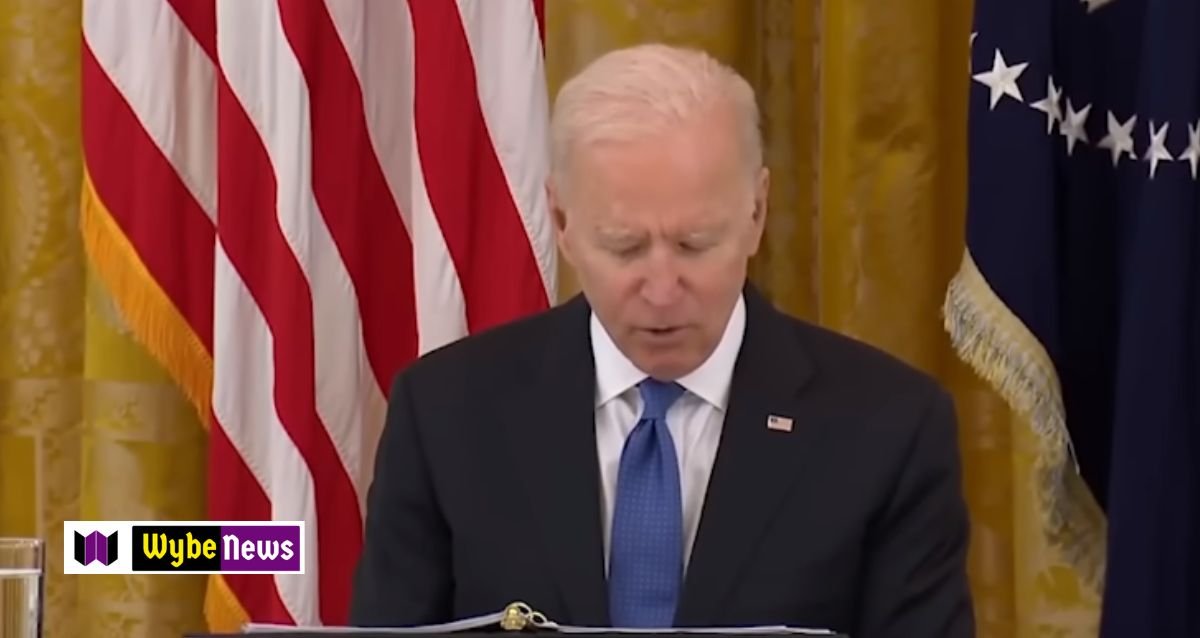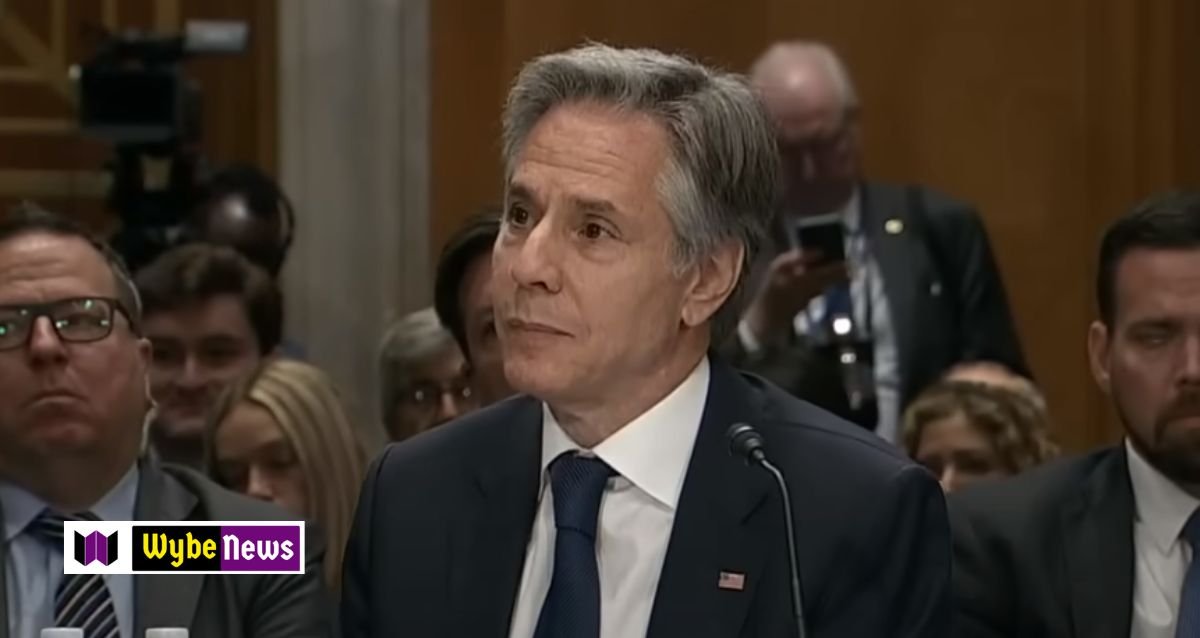Fact-Checking Claims on Trump’s Conviction: Assessing Allegations of Judicial Conflict

Following former President Donald J. Trump’s conviction on 34 felony counts of falsifying business records, a wave of claims emerged from Trump and his supporters, criticizing the judicial process and the presiding judge. Here, we examine the veracity of these assertions and the integrity of the judicial proceedings.
Claim: “We had a conflicted judge, highly conflicted. There’s never been a more conflicted judge.”
Fact Check:
- No Evidence of Conflict: The presiding judge, Justice Juan Merchan, is an experienced jurist with a longstanding reputation for impartiality and adherence to legal standards. There has been no credible evidence presented to suggest any conflict of interest or bias in his handling of Trump’s case.
- Standard Judicial Practices: Judges in high-profile cases are subject to rigorous scrutiny, and mechanisms exist to address potential conflicts of interest. Any substantial evidence of conflict would have likely resulted in a motion for recusal, which was not substantiated in this case.
- Historical Context: Accusations of judicial bias are not uncommon in politically charged cases. However, it is essential to distinguish between baseless allegations and verified conflicts. Justice Merchan’s career demonstrates consistent fairness, undermining claims of unprecedented conflict.
Claim: Politically Motivated Sham Trial
Fact Check:
- Independence of State Prosecution: The case against Trump was prosecuted by the Manhattan District Attorney’s Office, an independent state entity. The federal government, including President Biden’s administration, had no direct involvement in the prosecution, countering claims of a politically driven federal plot.
- Judicial Process: The legal proceedings followed standard judicial protocols, with Trump afforded every opportunity to present his defense. The conviction resulted from a jury’s unanimous decision, underscoring the integrity of the judicial process.
- Nature of Charges: The charges of falsifying business records stemmed from substantial evidence presented during the trial. The conviction reflects the jury’s assessment of this evidence, not political motivations.
The Verdict’s Broader Implications
The conviction of a former president is a significant event, prompting scrutiny of the judicial process. However, baseless attacks on the judge and justice system undermine public trust in legal institutions. It is crucial to rely on facts and evidence when assessing the fairness of legal proceedings.
While Trump’s conviction has incited strong reactions, it is imperative to separate fact from fiction. The claims of a conflicted judge and a sham trial lack substantiation. Upholding the rule of law requires a commitment to truth and respect for judicial processes, ensuring that justice is served based on evidence and legal principles, not political rhetoric.






